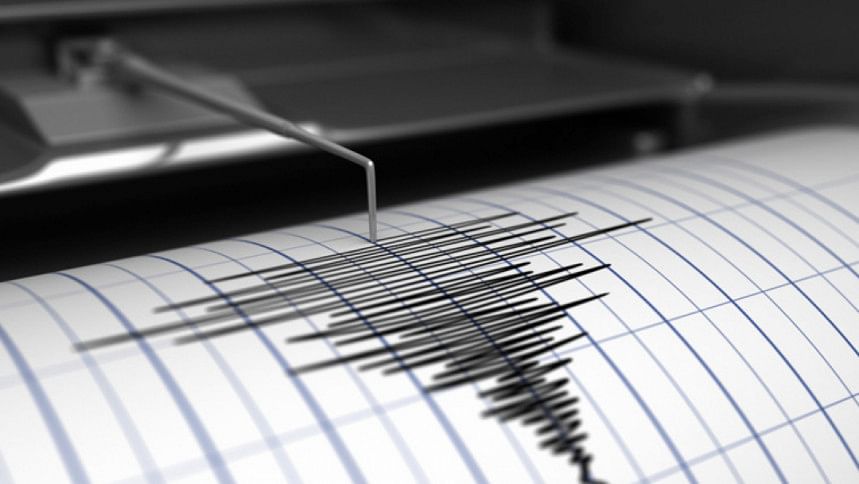Will govt shut the stable door before the horse bolts?

Bangladesh has seen a recent surge in seismic activity within the country and in nearby areas, with the most recent and most severe in the series being yesterday's 5.2 magnitude earthquake in Assam that jolted the region.
Over the past two months, a staggering 34 earthquakes have hit Bangladesh and its surrounding areas, leaving experts deeply concerned about the state of preparedness in the face of a potentially catastrophic natural disaster.
What is perhaps most alarming is the grim reality that Dhaka, the capital city where around two crore people live, could face devastating consequences if immediate action is not taken. The majority of buildings in the city have been constructed in violation of building codes, leaving them woefully unprepared to withstand seismic shocks.
Adding to the potential catastrophe are Dhaka's narrow alleyways and a pervasive lack of public awareness regarding earthquake preparedness. These factors, when combined with inadequate infrastructure, paint a bleak picture of what may await the city in the event of a major seismic event.
Experts have voiced their concerns over the government's apparent emphasis on post-disaster rescue operations, rather than prioritising preemptive safety measures. While rescue efforts are undeniably crucial, they should never take precedence over rigorous enforcement of building codes and investment in earthquake-resistant infrastructure.
The time for action is now. Bangladesh must embark on a comprehensive earthquake preparedness initiative, one that encompasses strict adherence to building codes, public awareness campaigns, and the retrofitting of critical infrastructure. It is imperative that both government and citizens work hand-in-hand to fortify the nation against the ever-present threat of earthquakes.
Failure to act promptly could have devastating consequences. The safety and security of the populace must remain paramount, and it is the collective responsibility of all stakeholders to ensure a resilient and prepared Bangladesh for generations to come.
With seismic activity in the region ramping up, it remains to be seen whether the government shuts the stable door before or after the horse has bolted.

 For all latest news, follow The Daily Star's Google News channel.
For all latest news, follow The Daily Star's Google News channel. 





Comments